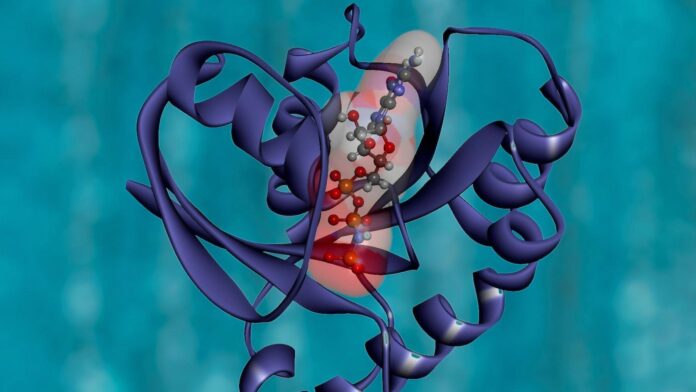
Understanding the Risk of Bone Cancer After Breast Cancer Treatment
Breast cancer is a disease that affects millions of women worldwide. After undergoing breast cancer treatment, it is important for survivors to be aware of the potential risk of developing secondary cancers, such as bone cancer. Understanding the risk of bone cancer after breast cancer treatment can help survivors take proactive steps to ensure their overall health and well-being.
Bone cancer, also known as primary bone cancer, is a rare type of cancer that originates in the bones. It can develop in any bone in the body, but it most commonly occurs in the long bones of the arms and legs. The exact cause of bone cancer is not fully understood, but it is thought to be a combination of genetic and environmental factors. There are several types of bone cancer, including osteosarcoma, chondrosarcoma, and Ewing’s sarcoma.
After undergoing breast cancer treatment, some survivors may be at an increased risk of developing bone cancer. Certain factors, such as age, family history, and previous radiation therapy, can predispose individuals to the development of secondary cancers. Radiation therapy, which is a common treatment for breast cancer, can damage healthy cells and tissues, potentially increasing the risk of developing bone cancer later in life.
Additionally, some breast cancer survivors may develop metastatic breast cancer, where the cancer spreads to other parts of the body, including the bones. This can increase the risk of developing bone cancer as well. It is important for survivors to be aware of these potential risks and to stay informed about the signs and symptoms of bone cancer.
One of the key signs of bone cancer is persistent pain in the affected bone. This pain may worsen at night or with activity, and it may not improve with rest or over-the-counter pain medication. Other symptoms may include swelling, tenderness, and a noticeable mass or lump in the affected area. If breast cancer survivors experience any of these symptoms, it is important to seek medical attention promptly.
To understand the risk of developing bone cancer after breast cancer treatment, survivors should also stay informed about the potential long-term effects of radiation therapy. Radiation therapy is a powerful tool in the fight against breast cancer, but it can also have lasting effects on the body. In addition to the risk of secondary cancers, survivors may experience chronic pain, fatigue, and a weakened immune system as a result of radiation therapy.
Regular follow-up visits with healthcare providers are crucial for breast cancer survivors to monitor their overall health and to identify any potential complications, including the development of secondary cancers. During these visits, survivors should discuss any concerns or symptoms they may be experiencing, as well as any changes in their medical history or family history that could affect their risk of developing bone cancer.
In addition to regular medical check-ups, breast cancer survivors can take proactive steps to reduce their risk of developing bone cancer. Maintaining a healthy lifestyle that includes a balanced diet, regular exercise, and avoiding tobacco and excessive alcohol consumption can help support overall health and reduce the risk of developing secondary cancers.
Furthermore, survivors should be aware of the importance of bone health in reducing the risk of developing bone cancer. Adequate calcium and vitamin D intake, as well as weight-bearing and muscle-strengthening exercises, are essential for maintaining healthy bones. Regular screenings for osteoporosis, a condition characterized by weak and brittle bones, can also help survivors monitor their bone health and take proactive steps to prevent bone cancer.
In conclusion, understanding the risk of developing bone cancer after breast cancer treatment is an important part of survivorship. Breast cancer survivors should stay informed about the potential long-term effects of radiation therapy and the signs and symptoms of bone cancer. Regular medical check-ups, a healthy lifestyle, and a focus on bone health can help survivors reduce their risk of developing secondary cancers, such as bone cancer. By staying proactive and taking care of their overall health, breast cancer survivors can thrive after treatment and reduce their risk of developing additional health complications.

















